Best Seasons for Foundation Repairs
Foundation repairs are most effectively performed during specific seasons when environmental conditions favor proper work conditions and material performance. The optimal time depends on climate, soil conditions, and temperature stability, which influence the curing process and the longevity of repairs.
Spring offers moderate temperatures and increased soil moisture, which can facilitate repairs. However, excessive rain can delay work.
Warm and dry weather during summer allows for consistent curing and minimal weather-related delays.
Fall provides cooler temperatures and less humidity, ideal for foundation work before winter sets in.
Winter is generally less suitable due to freezing temperatures, which can hinder curing and cause soil movement.
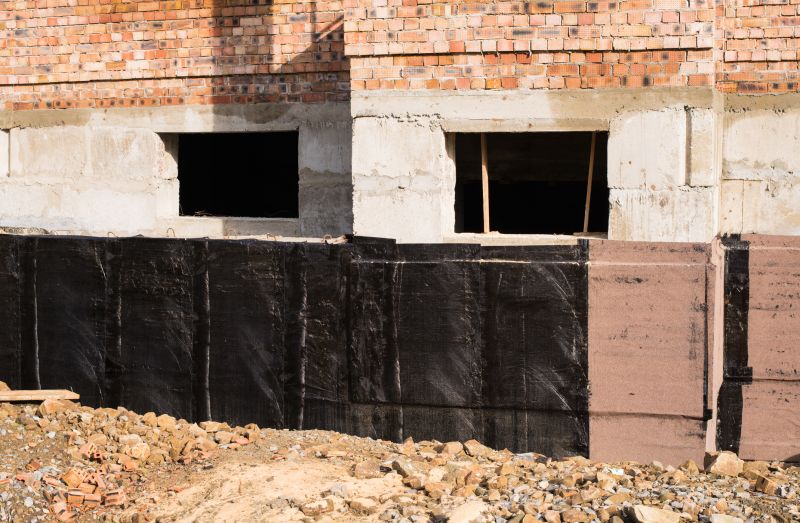
Spring's moisture helps with soil stabilization, making it a good time for repairs.
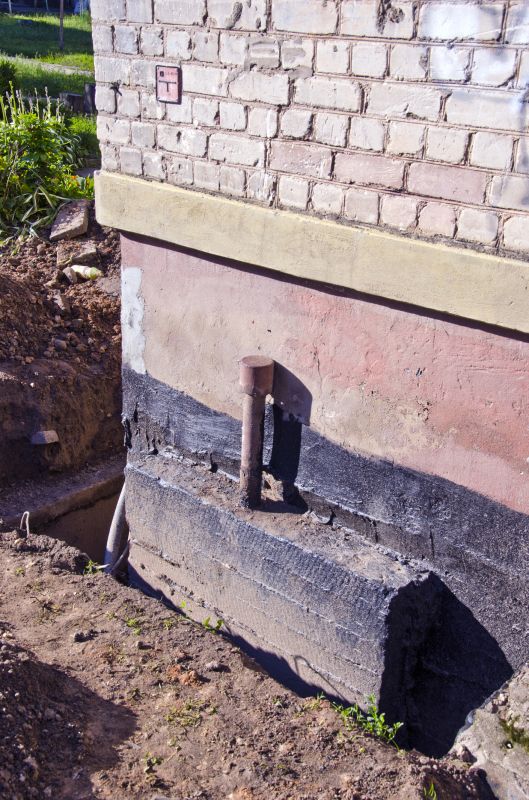
Summer provides warm, dry conditions suitable for consistent repair processes.
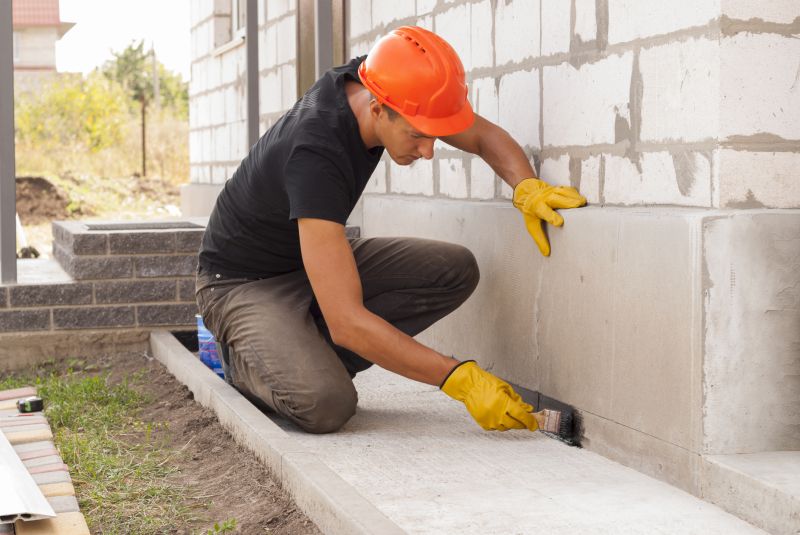
Fall's cooler weather helps ensure proper curing and soil settling.
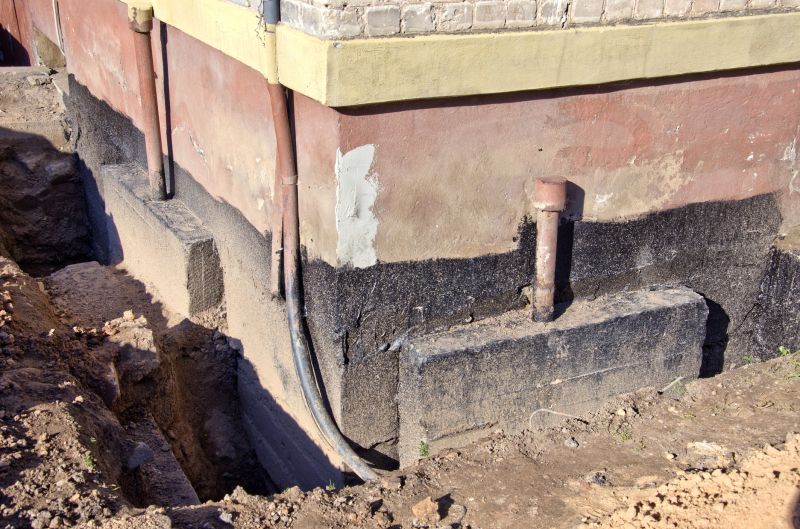
Winter's cold temperatures can delay or complicate foundation repairs.
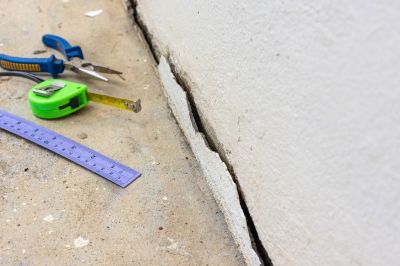
Ways to make Foundation Repairs work in tight or awkward layouts.
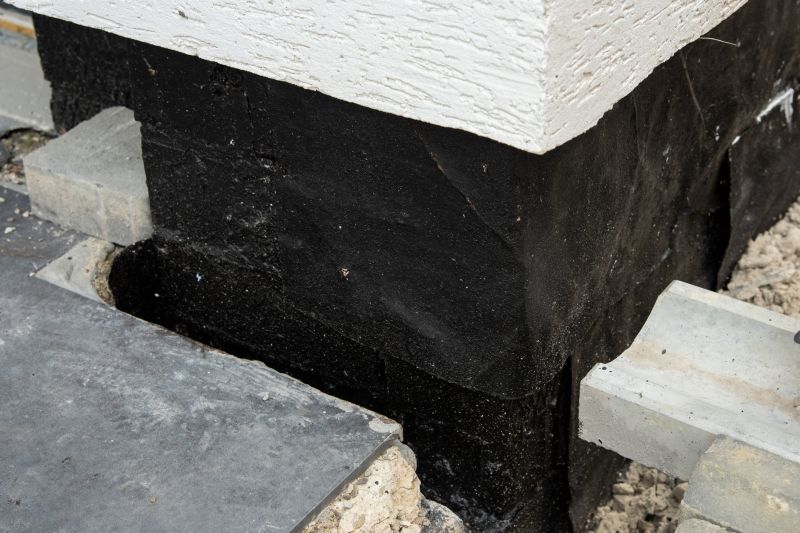
Popular materials for Foundation Repairs and why they hold up over time.
| Season | Advantages |
|---|---|
| Spring | Moderate temperatures and increased moisture aid in soil stabilization. |
| Summer | Warm, dry weather ensures consistent curing. |
| Fall | Cooler temperatures and less humidity are ideal. |
| Winter | Not recommended due to freezing temperatures. |
Foundation repairs involve addressing issues such as settling, cracking, and shifting that compromise the stability of a structure. Proper timing ensures that repairs are durable and effective. Soil conditions, weather patterns, and temperature fluctuations significantly impact the success of repair projects.
Statistics indicate that performing foundation repairs during favorable weather conditions can reduce the likelihood of future problems. Properly timed repairs can extend the lifespan of a building’s foundation, ensuring safety and structural integrity over time.
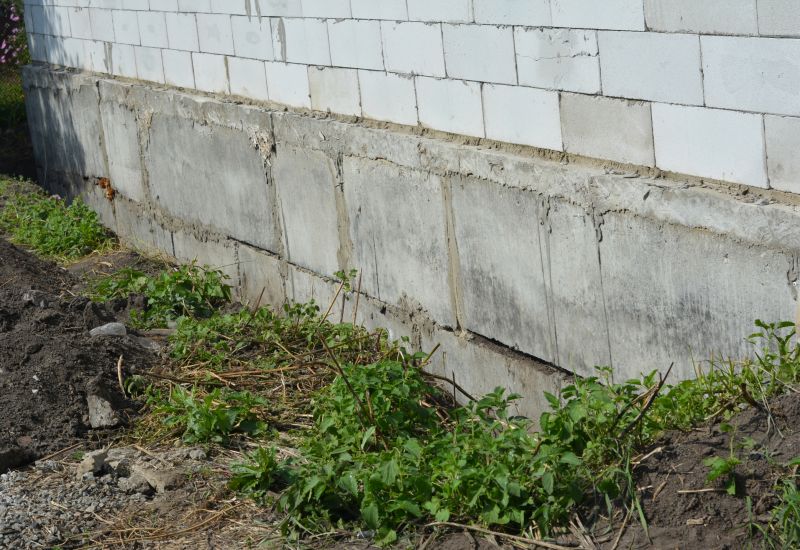
Visual representation of foundation stabilization techniques.
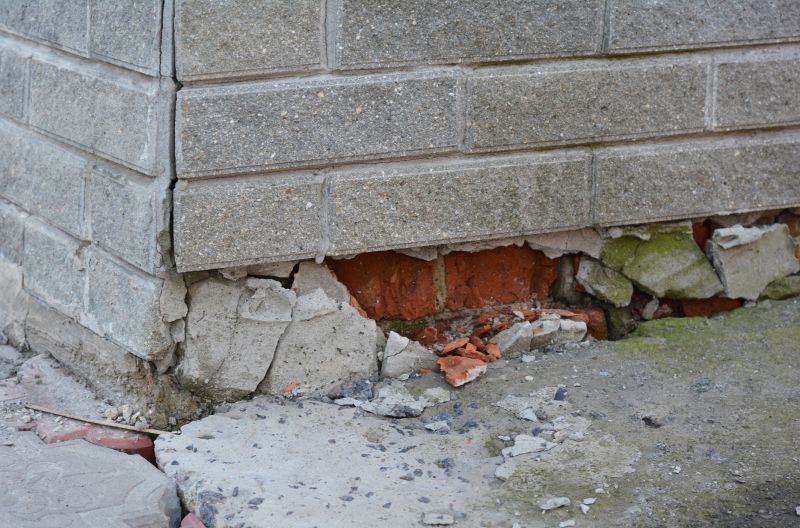
Images showing structural improvements after repairs.
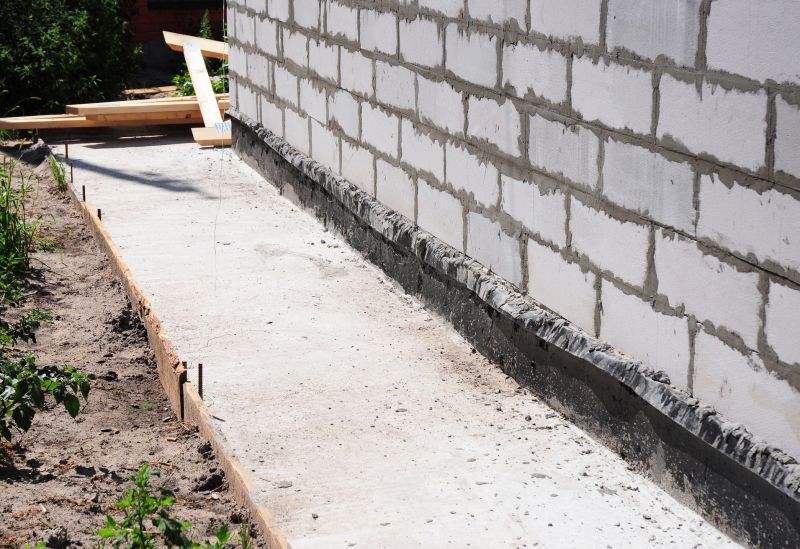
Methods used to strengthen soil around foundations.
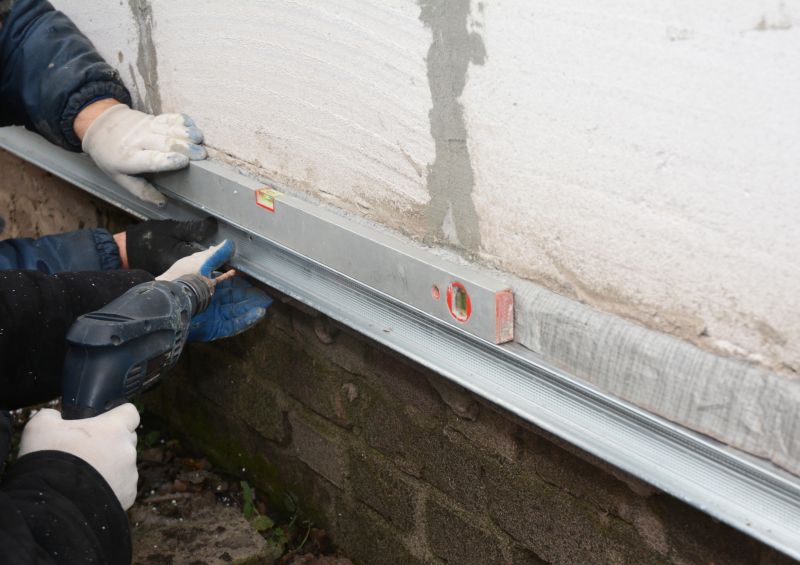
Tools and machinery involved in foundation work.
Those interested in foundation repairs are encouraged to contact for more information. Proper timing and professional assessment can ensure that repairs are effective, long-lasting, and suited to local environmental conditions.



